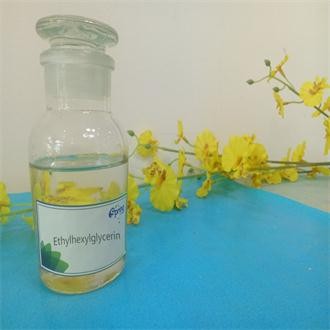Preservatives are indispensable food additives in the food industry, which can effectively inhibit the reproduction of microorganisms and prevent food spoilage, thus improving the shelf life of products. Nowadays, many consumers have a certain misunderstanding of preservatives, preservatives are classified as "bad list", in essence, preservatives are exogenous non-nutritive substances, the amount should uphold the principle of not using or using less. First, preservatives are safe within the use limits, and the most important concerns of consumers are not touched; second, preservatives can give food convenience and continued deliciousness, and the lack of preservatives is a loss for consumers. Therefore, preservatives are closer to the needs of the case, more efficient pursuit, through the reduction of optimization, empowering nutrition and other ways to improve the application value.
The advantages of the compound system of preservatives:
① Broaden the antibacterial spectrum
②Improve the efficacy of the drug
③Anti-secondary pollution
④ Improve safety
⑤ Prevent the emergence of drug resistance
The compounding methods of preservatives are generally as follows:
① Compounding of preservatives with different mechanisms of action. This compounding method is not a simple addition of efficacy, but is usually a multiplication relationship, which can greatly improve the antiseptic efficacy of preservatives.
② Compounding of preservatives with different applicable conditions. This compounding method can provide a wider range of corrosion protection to the product.
③It is suitable for compounding preservatives of different microorganisms. This compounding method is mainly to broaden the anti-spectrum of the anti-corrosion system, and it is the most commonly used method for the design of the anti-corrosion system of daily cosmetics.
It is worth reminding that when compounding, attention should be paid to the reasonable collocation of preservatives, and attention should be paid to avoiding the interaction between preservatives, and at the same time, pay attention to the broad-spectrum antibacterial properties after compounding. Such as PE91 , PE73, Phenoxyethanol (CAS No.122-99-6) and Ethylhexylglycerin (CAS No. 70445-33-9) and etc.
Post time: Feb-23-2022


